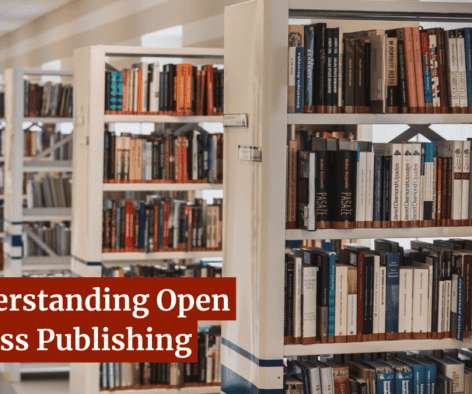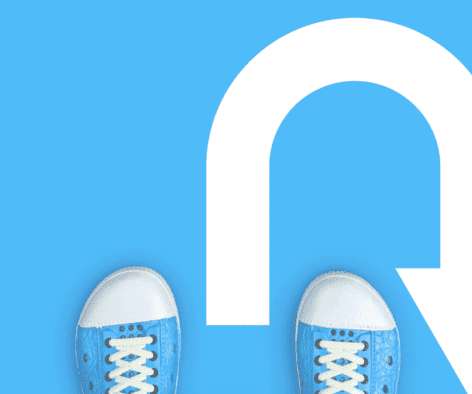The Basics of Open Access
Plagiarism Today
AUGUST 29, 2022
If you’re a researcher looking to publish your first article, one of the biggest choices that you will likely be confronted with is the choice of publishing in your work Open Access or going with a traditional, closed access publisher. How Traditional Publishing Works. How Open Access is Different.












Let's personalize your content